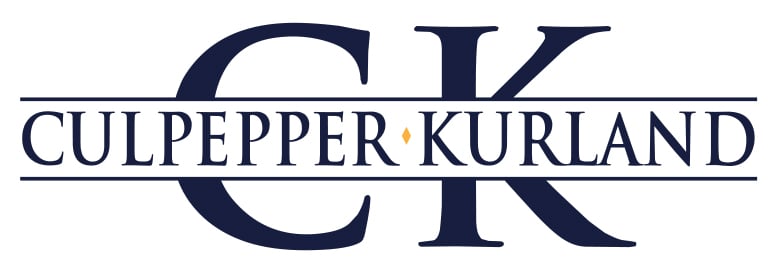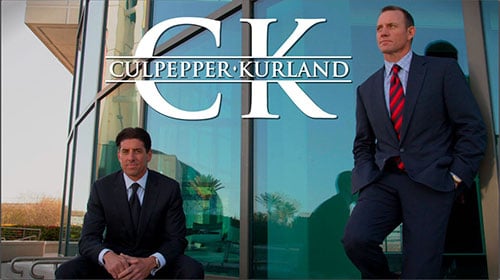When a person in Florida suffers injuries due to a wet floor or for some other reason while in an establishment, the question will automatically turn to how the law works in such a situation. Understanding the state statute when it comes to slip-and-fall accidents is important when considering how to proceed. Those who have been hurt need to understand what the law entails if they are contemplating litigation.
Section 768.0755 of the Florida statutes states that if a person slips and falls because of a “transitory” foreign substance in a business establishment, it is required that the injured person provide proof that the business is liable. An example of this would be if there is a spill in the aisle of a grocery store. For there to be premises liability, it must be shown that the business was aware of the danger and should have done something to prevent it. The knowledge on the part of the business must be either actual or constructive.
With constructive knowledge, it can be shown through circumstantial evidence — if the dangerous condition existed for a long enough period that the business should have known about it or if the condition happened with sufficient regularity that the business owner is expected to have been aware of its recurrence. A recurring condition could be a persistent and unrepaired leak. This law is not relevant when it is in relation to common-law issues by a person or entity that is in control of the premises.
When a customer enters an establishment and suffers injuries due to a wet floor or some other substance that should not have been there, the business might be responsible. It depends on the circumstances based on state law as to whether the business is liable.
If there has been an injury because of a foreign substance being present, there could be medical costs and other issues that arise for the injured party. Understanding how to pursue a legal case with the help of a legal professional is the first step to filing a claim.


